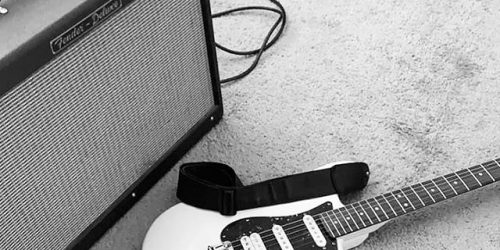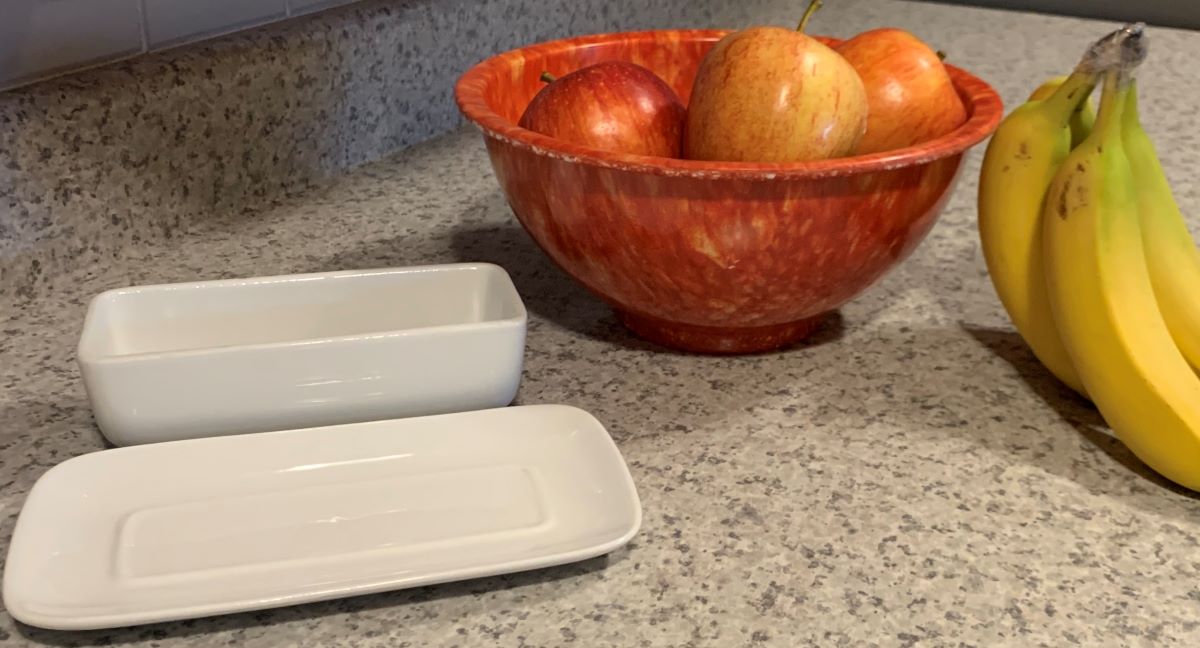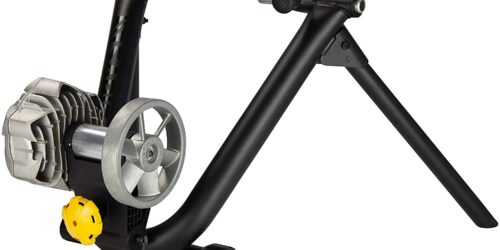Losing Your Restaurant to Addiction: Recouping Losses

We may earn commissions from the companies mentioned in this post. View our FTC disclosure for more information.
Image via Pexels
Substance abuse disorders (SUDs) are, unfortunately, common among entrepreneurs, including restaurant owners. Being an entrepreneur can be incredibly taxing mentally. Many entrepreneurs – even the successful ones – take to alcohol, drugs, substances, and other forms of addiction to cope.
Needless to say, addiction can be a terrible problem to have. Many business owners end up drawing on essential business funds to feed their addiction, which can have negative repercussions for their businesses.
If you’re a restaurant owner who’s at risk of losing their restaurant to an addiction (or has lost it already), Man Things offers some suggestions on how to dig yourself out of the hole and recoup your losses.
Acknowledge that there’s a problem
As the Banner can tell you, acknowledging the problem is always the first step in solving it. Denying its existence, avoiding it, or hoping it goes away on its own won’t get you anywhere. It may even cause the problem to get worse. Take some time to understand the root cause of your addiction and its impact on your restaurant (and life in general). Admit to yourself, if not to other people, that you have an issue and it needs to be addressed.
Don’t hesitate to get help
Addressing a serious problem is nothing short of overwhelming. Fortunately, you’re not in this alone. You can get help, in various ways, whether it’s for your addiction, finances, or business. You can join support groups for help with addiction recovery and consult with financial professionals for help with your money problems.
Consider inpatient treatment
The risk of relapse is real. Joining an addiction recovery center for inpatient treatment reduces this risk. Also, rehab gives you access to professional treatment, resources, and support. Most centers accept health insurance from popular insurance providers, so you usually don’t need to worry so much about cost. Make sure to ask your insurance company about your level of coverage. Also, when vetting available treatment options in the area, you should consider factors like accreditations, cost, services available, accommodation type, treatment modalities, doctors, location, and patient testimonials.
Have a long-term sobriety plan
Remaining sober is easier if you have a sobriety plan. Such a plan should contain short-term and long-term goals to help you recover from your addiction. This could include professional treatment, following a certain lifestyle, attempting to eliminate certain habits, joining support groups, and similar.
Create a financial recovery plan
Having a financial recovery plan will help you come up with short-term and long-term goals to secure yourself financially and overcome your losses. Here are some things to address to come up with a suitable plan:
- Assess your financial situation: Start by getting a handle on both your personal and business financial situation. What are your biggest losses and how much money do you need to keep going? Can your restaurant be saved or do you need to declare bankruptcy?
- Manage debt: Debt has a way of snowballing. As such, get it under control as soon as possible. Sell off assets if you must, whether that’s real estate, jewelry, or clothes. You could also consolidate your debt or sign up for a debt management program.
- Create a budget: Come up with a bare-minimum budget for yourself. Address your expenses by priority (like medical and living expenses) and eliminate non-essentials. Cut off access to your credit cards, if at all possible, so you aren’t tempted to make big purchases or, worse, indulge in your addiction.
- Find new income sources: You could attempt to generate more money in your spare time. Some examples are starting a side hustle, freelancing, and finding a part-time job. If your health is preventing you from working, you can apply for direct financial assistance from private and public groups.
Consider starting a new business
Starting a new business in the restaurant industry or elsewhere may be a good idea. You have experience now, meaning it’ll be easier to get off the ground and become profitable. Also, you know what mistakes to avoid this time around. If you are keeping your existing restaurant, you could look into restructuring it or upgrading it in various ways.
Forming an LLC could be worthwhile. LLCs offer some benefits like reduced paperwork, easier taxes, and extra flexibility. More importantly, they separate your personal assets from business ones. If you ever face litigation, your personal assets remain safe. You can file the paperwork yourself or use a formation service to make an LLC. Lawyers are also – a more expensive – option. Every state has different regulations around LLC formation. Learn the requirements before you move ahead.
Having financial problems and, if applicable, losing your restaurant are, doubtless, major challenges. However, as bad as things might be, it’s not the end of the world. People have been where you are and still turned their lives around to overcome their addictions, and so will you. Learn from their examples and follow in their footsteps. Be positive and optimistic – this too shall pass, and better days will come.





